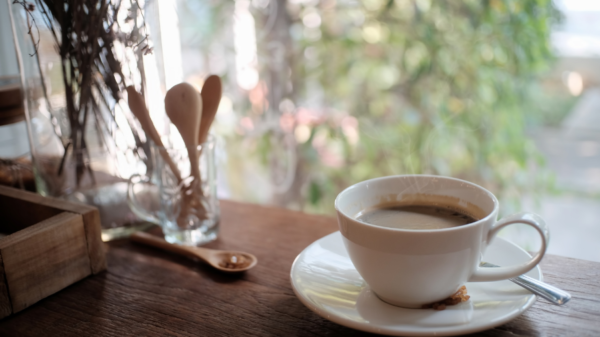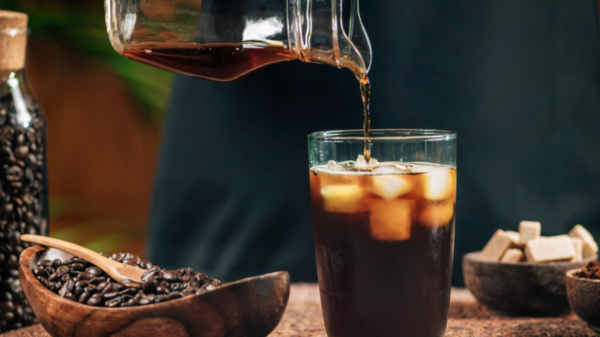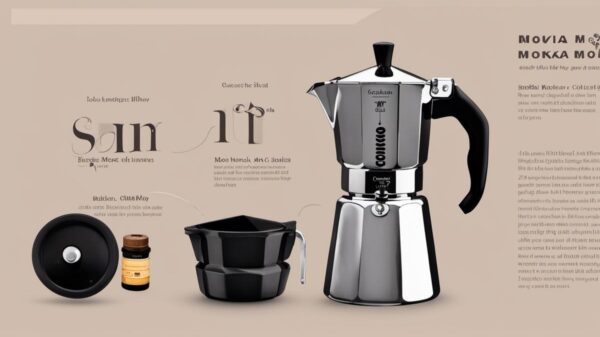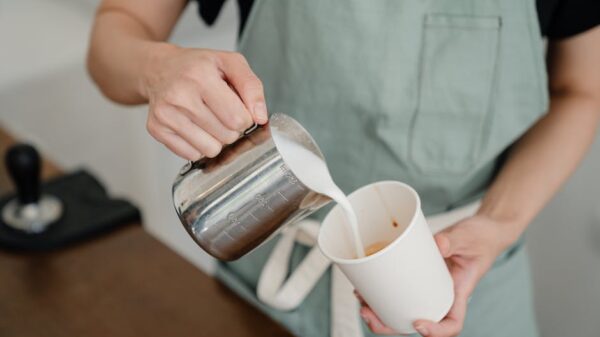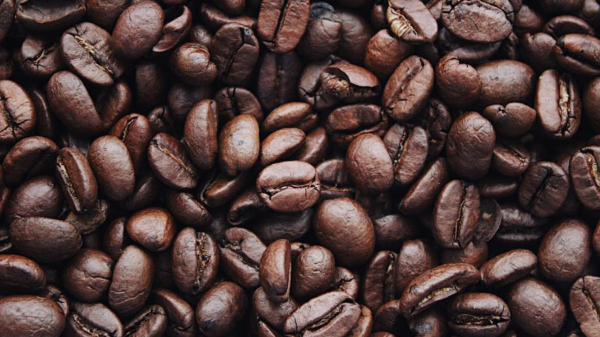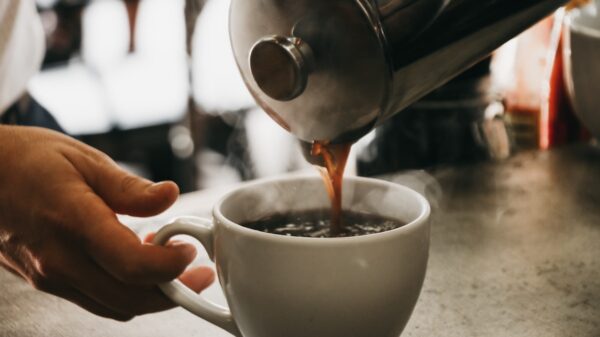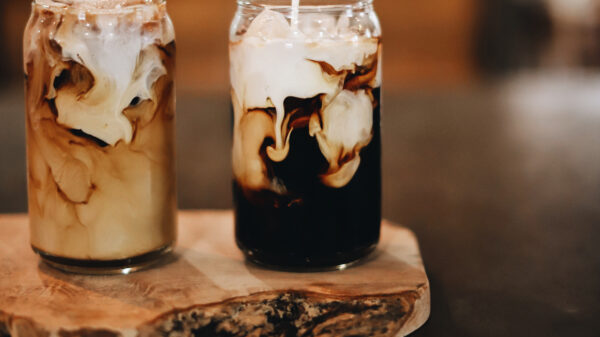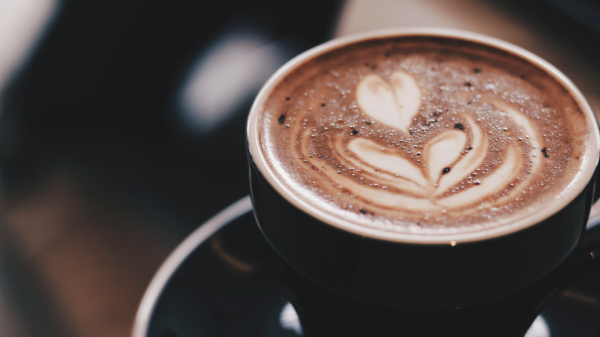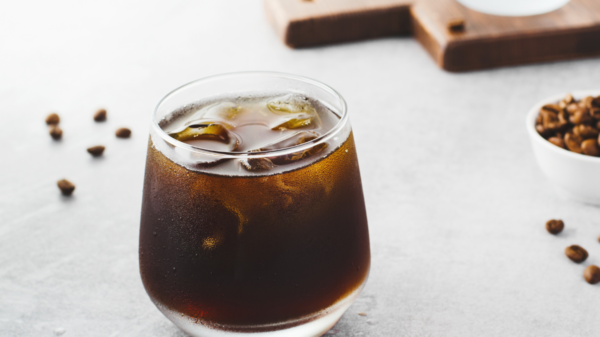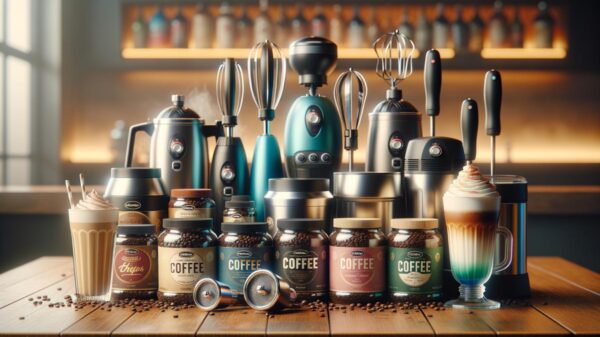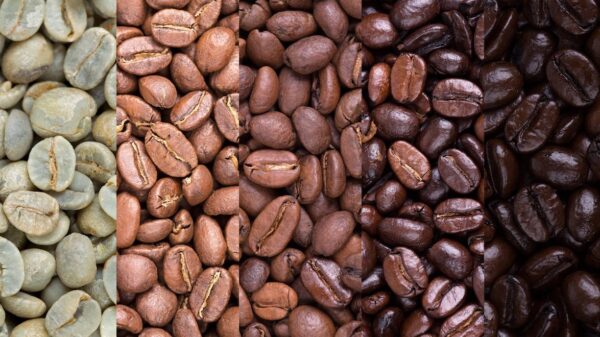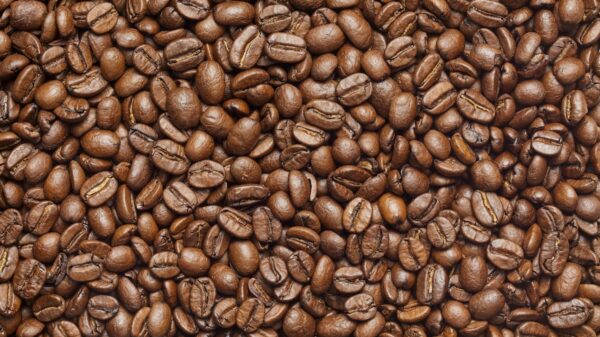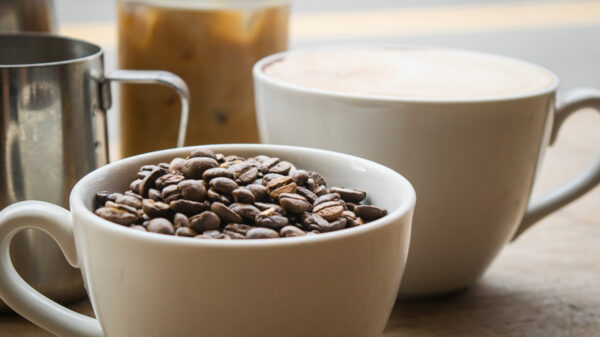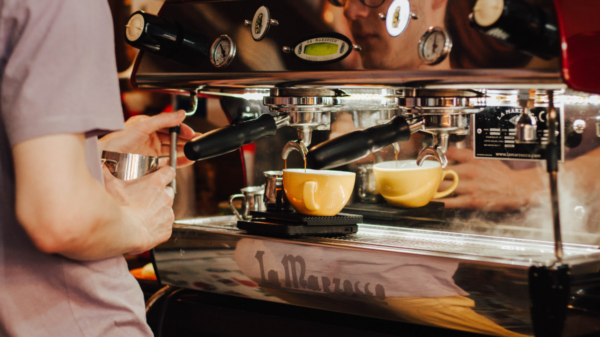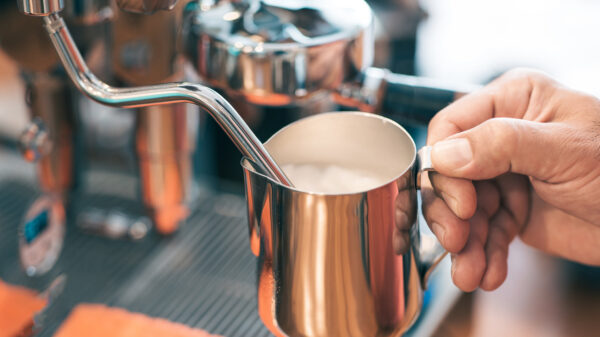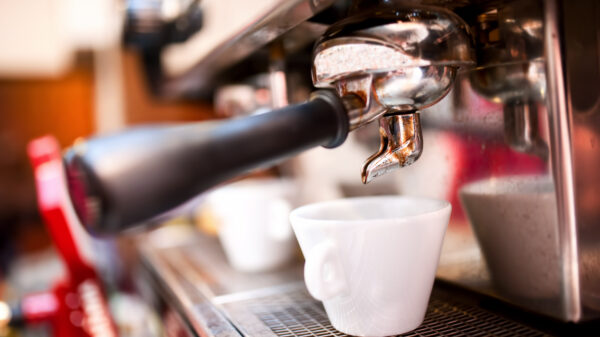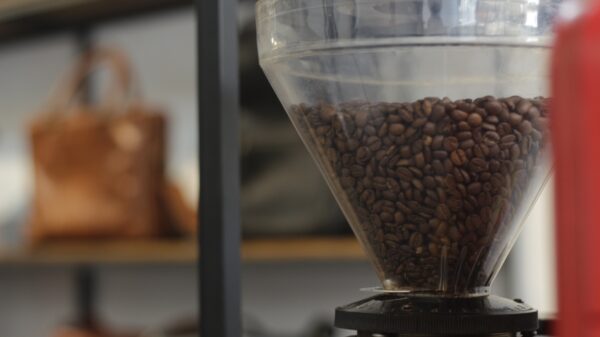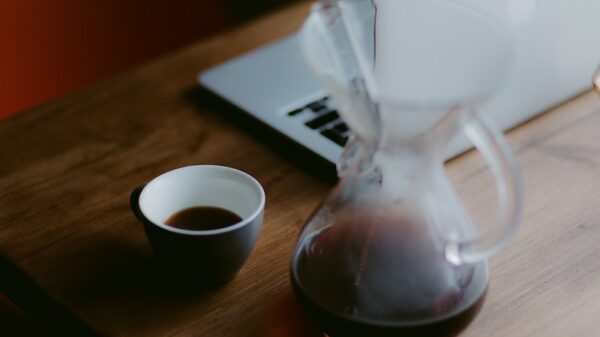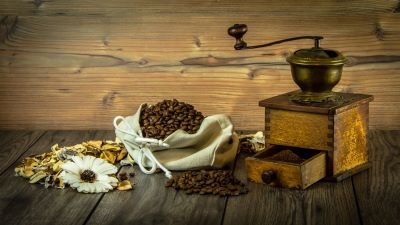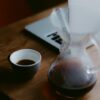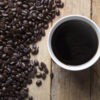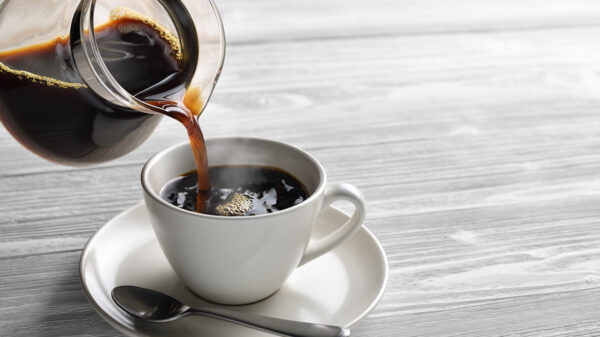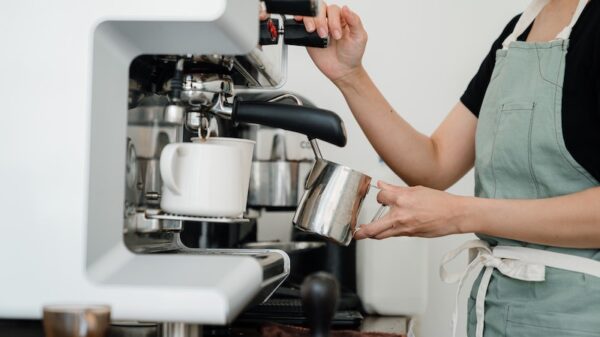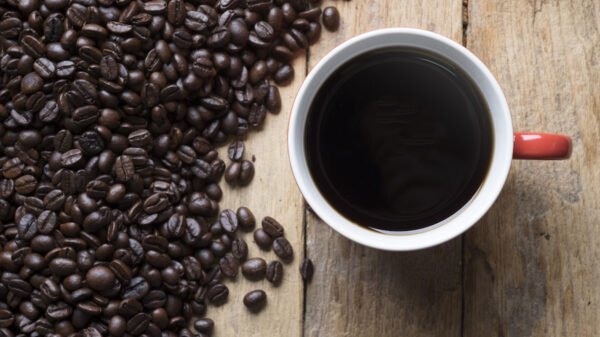Avoiding Coffee Bitterness at Home
Starting my day with a cup of coffee is one of my favorite things. However, I couldn’t continue grabbing one at the local shop on my way to work. The price of coffee was just one factor, but the long lines and lack of parking were too much for my patience. So I decided to try brewing my coffee at home. I went to the local supermarket, bought fresh coffee beans, ground them myself, and…ended up with a cup of bitter coffee. Not exactly what I had in mind so of course, I kept trying until I got it right!
So, how do you avoid home coffee bitterness? There are 3 main things you can do to avoid home coffee bitterness: grind, clean, and measure.
- Grind coffee fresh. Once you open the bag of coffee beans, you should only keep them around for about a week to two weeks. Also, try not to grind too much coffee at once because if you let it sit for too long after grinding, it will become stale.
- Clean appliances regularly. Coffee oils are sticky and can be tough to clean out of the coffee maker or grinder if you let them build up. The best way around this is to take a couple of minutes after you’re done brewing each pot to wash out any residue leftover in your brewer with hot water and dish detergent.
- Measure correctly. If you don’t measure your grounds correctly, it’s not going to taste right! It may be hard to tell what the measurements are supposed to look like because different coffee brewing methods require different amounts of coffee.
If you’ve found yourself making these mistakes, you will now know how to fix them! There’s no point in taking the time to make coffee at home if it turns out bitter. Let’s dive more into how to make sure you end up with a delicious cup every time.
Grinding Fresh Makes A Difference
It may seem obvious, but if you want your coffee to taste fresh, don’t buy it pre-ground. Go for whole beans and invest in a good grinder. If you do buy ground coffee, check the size of the grind. There are 4 sizes you will find when buying pre-ground coffee.
These include:
- extra fine
- fine
- coarse
- extra coarse

The finer you get the coffee ground the more the oils come out. By rule, coffee has more flavor when it’s ground fine (an example of this is espresso). However, if you start getting your coffee grounds too close to dust-like then the particles can pass through the mesh filter in your brewer and end up in your cup! This will add an unwanted element of bitterness to your brew.
That being said, investing in a good grinder and doing it yourself gives you more control over how the coffee is ground. If this just isn’t a step you’re interested in, then pre-ground will still work if you’re careful about what you buy.
Dirty Appliances Means Dirty Coffee
Cleaning your coffee maker is one of the most important things you can do if you want to get rid of the bitterness in your coffee. To clean a french press, you only need to put a little bit of dish soap in and add some water. Then press the plunger down and let it sit for a few minutes before rinsing with hot water.
For a drip coffee maker, be sure you run vinegar through at least once or twice a month depending on how often you use it, and follow up by running water through. If you leave vinegar sitting in the coffee maker too long without running water through, it can leave a smell behind.
If you feel like your brewer is not getting as clean as it should be no matter how many times you run vinegar/water through, then some products will do the job for you. Generally, the best way to clean any kind of coffee maker is with a soft sponge or cloth, dish soap, and water.
The easiest thing to do is rinse out your coffee maker with warm water after each time you use it. Then do a deep clean once a month as needed. You will notice the difference it makes in the taste of your coffee. Good cleaning and maintenance will also extend the life of your machine.
Measuring Is Important
Measuring accurately applies to both your coffee grounds and your water. Taking an extra moment to do this right will help avoid bitterness.
Coffee should be measured by weight, not volume! If you weigh it out properly, you will get the same tasty cup every time. Measurements for ground coffee are usually given in grams or ounces. For all brewing methods, a general guide is a weight 2-3 times greater than the number of cups you want to brew.
For example, if you want to make two cups of coffee, use 6-8 grams of grounds. The easiest way to measure your coffee is with a digital kitchen scale that will give measurements in grams or ounces. You can also buy coffee scoops or measuring spoons, but these often come in unmarked measurements so it’s not always easy to tell exactly how much is being scooped out.
Your water is also important to the taste of your coffee. The general rule is that you should use “two-parts water for every one-part coffee”. This will help ensure proper extraction which leads to a tasty, richer cup of coffee.
Too much water and your coffee will be weak and watery. Too little water and you will have a strong, bitter cup of coffee.
Can You Add Things To Mask Bitterness?
If your preference isn’t a strong bitter cup of coffee then you likely want to find solutions to fix yours. Adding in sweeteners, cream, sugar, milk, etc can help mask a bitter taste in your coffee.
However, this could add in a lot of extra sugar or fat that perhaps you don’t want. Other things you could try are adding in spices like cinnamon, nutmeg, or cardamom. The best solution is to just prevent the coffee from being bitter from the start.
Light or Dark Roasts?
The kind of roast you use, either light or dark can affect the flavors of your coffee. You may want to start with a lighter roast because it’s naturally less bitter. If you’re trying to avoid acidity then go for a dark roast. Generally speaking, dark roasts come with more bitterness.
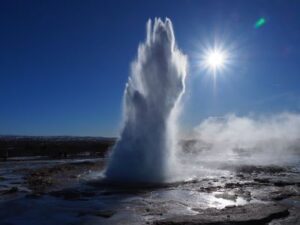
Does Water Temperature Matter?
A lot of people assume that if they’ve got good coffee, then they should pour boiling water over it and call it a day. However, the high temperatures need to be avoided or your brew may turn out bitter. Instead, if you want to make sure your brewer is set right and your coffee tastes great, use water around 200-205 degrees Fahrenheit.
This temperature range ensures that the precious coffee oils come out without burning the grounds and giving off a bitter taste. To get this right easily, invest in a digital thermometer that will give you the perfect temperature every time.
Does Reheating Coffee Affect Taste?
I know, we get busy, and sometimes that fresh cup of coffee we just made ends up sitting there and gets cold. So we quickly pop it into the microwave. Is this a mistake?
Some people claim reheating your coffee may release harmful chemicals. However, the research on whether or not it does is inconclusive.
What is more likely true though, is that if you are reheating your coffee to make it hot again, then you are already doing something wrong! You should instead be using a thermal mug that will keep your coffee hot while you’re busy.
The science behind this is that the heat from the microwaves can potentially damage some of the healthy compounds in your brew. In general, when it comes to reheating anything, it can give off a burned or bitter taste. So try to avoid reheating when possible.

What About Cold Brew Coffee?
Cold-brew coffee takes out the acidity of the coffee beans. It’s also less bitter than traditionally brewed coffee. You can make cold brew with either a French press, a cold brewer, or even with a Chemex. The longer you leave the grounds in water, the stronger your coffee will be. You can leave it for up to 24 hours!
Cold-brew is often recommended as a way to avoid the acidity that you get with traditionally brewed coffee. It also helps you avoid getting too jittery from caffeine, which can happen when taking in large amounts of caffeine quickly.
Though there are some benefits to cold brew, it does take more time to make. You also may need to add some water or milk because it is quite concentrated, but the advantage is that you are less likely to get a bitter cup of coffee.
And now that you have these tips and questions answered, you can avoid these mistakes I made! You should now be able to confidently brew your coffee at home without any bitterness. Enjoy!

